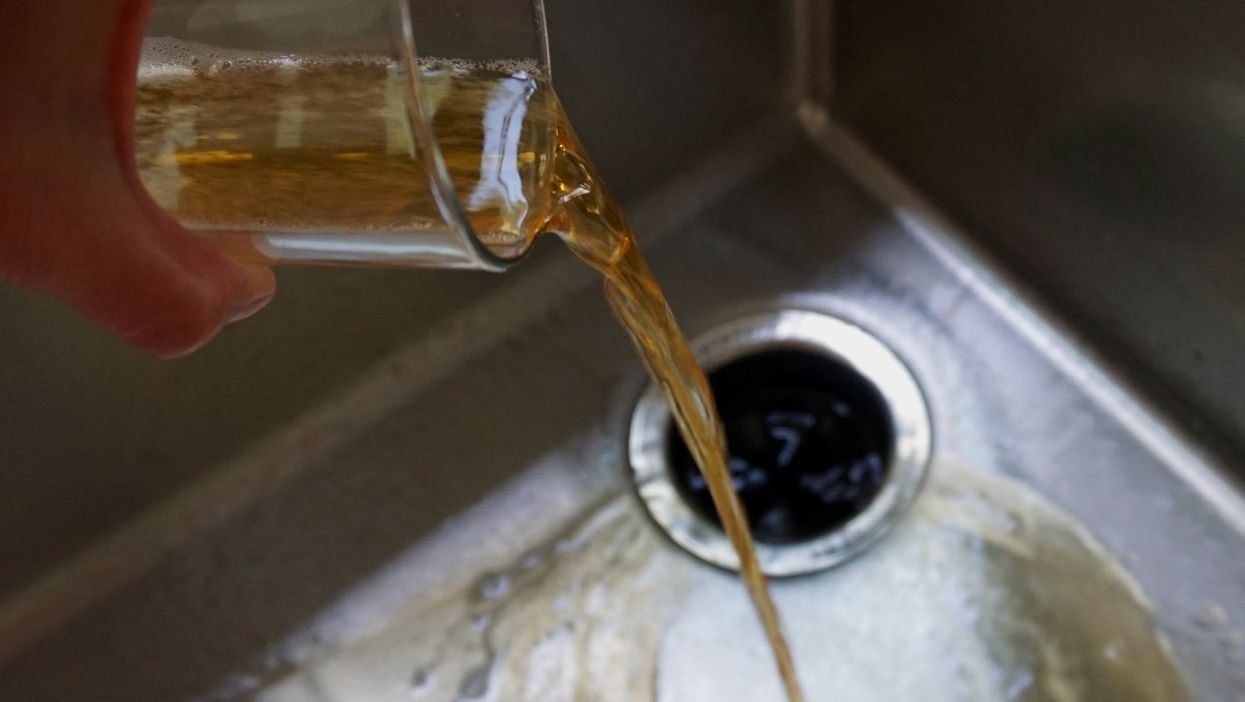As the celebrations of Christmas and New Year can be boozy occasions, each year thousands of people participate in Dry January where they give up alcohol for an entire month.
It was inspired by one person’s story in 2011 when Emily Robinson signed up for a half marathon and decided to give up drinking to make her training easier and began to notice the health benefits.
The following year, she joined Alcohol Change UK where she decided to give alcohol again for a month and this sparked conversations around the pros of taking a break from the booze- especially after Christmas and New Year.
And that was how Dry January came to be.
The public health campaign began in earnest in 201 when 4,000 people took on the challenge and in the past eight years is has grown, with around 130,000 participating last year in 2021 - along with an estimated 6.5 million that were expected to go alcohol-free by themselves for the month, according to Alcohol Change UK.
So why do people do Dry January?
Health benefits
In 2018, researched by Royal Free Hospital and published in the British Medical Journal found that there were health benefits to taking a break from alcohol, within a month the following happens:
- Lower cholesterol
- Lower blood pressure
- Reduces diabetes risk
- Reduces cancer-related proteins levels found in the blood.
Encourages positive long term lifestyle changes
There are definite longer term benefits from giving up drinking, as alcohol behaviour change expert Dr Richard de Visser from the University of Sussex found in 2013 when he surveyed participants in the first Dry January.
He found that six months after the campaign had finished, seven out of ten people have continued to drink in a less risky manner than before and nearly a quarter of those who were drinking at “harmful” levels before the campaign are now in the low-risk category.
Sign up to our free Indy100 weekly newsletter
In 2019, De Visser (2019) again surveyed over 6,000 Dry January participants and they echoed similar responses as before - 70 per cent were sleeping better, 67 per cent had better concentration, 66 per cent had more energy, 65 per cent had generally better health, 54 per cent had lost weight and 81 per cent felt more in control of their drinking.
Giving up the drink was also helpful for the participants’ purse strings as the survey found that 86 per cent had saved money during this time too.
Good for our mental health
Taking time out from drinking to assess one’s relationship with alcohol can be a huge benefit as you can understand in what situations you would normally have had a drink - was it to manage stress, combat social anxiety, peer pressure, or perhaps none or all of these reasons?
January is an especially good time to do this, given the culture around drinking during the Christmas and New Year festivities.
Ian Hamilton, Lecturer in Addiction at the University of York echoed this point and told BBC Good Food: “Overall, Dry January is a good initiative as it prompts people to think about not just how much they drink but what their individual relationship with alcohol is.
“For example, if you often drink to relax, it might get people to think about alternative ways to relax rather than relying on alcohol.”
You can take part in Dry January this year by visiting the campaign’s website.














